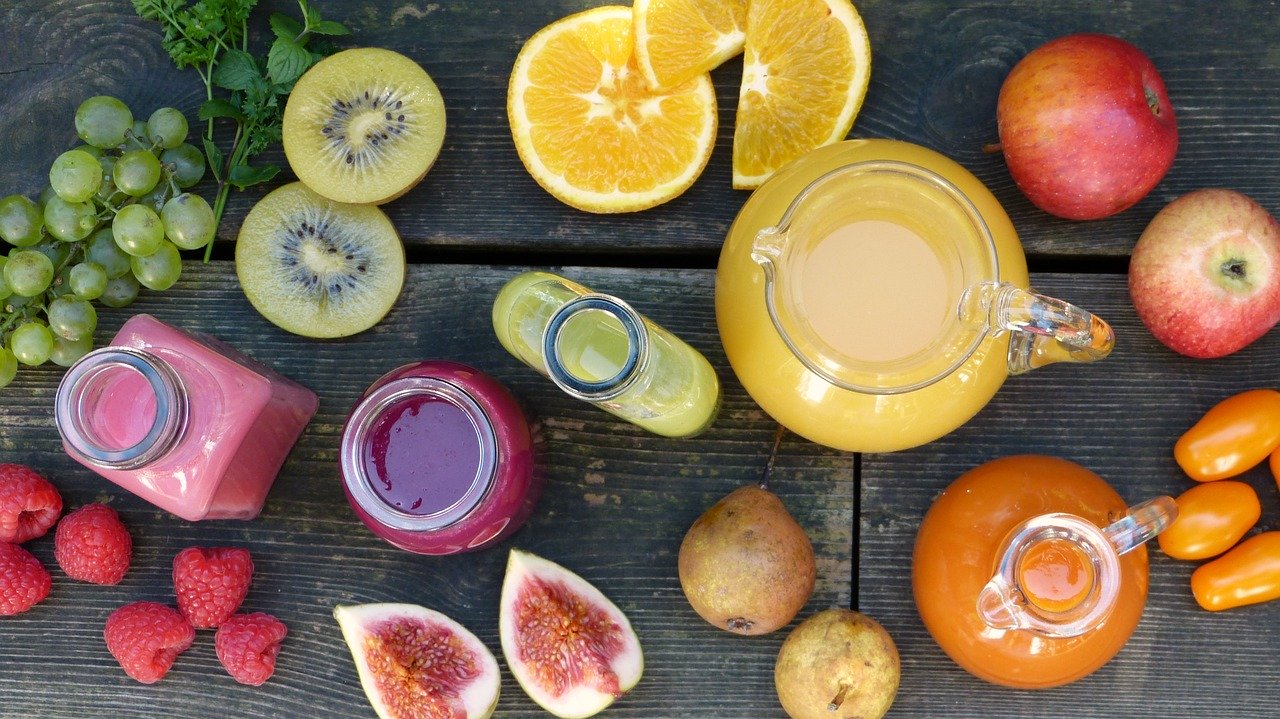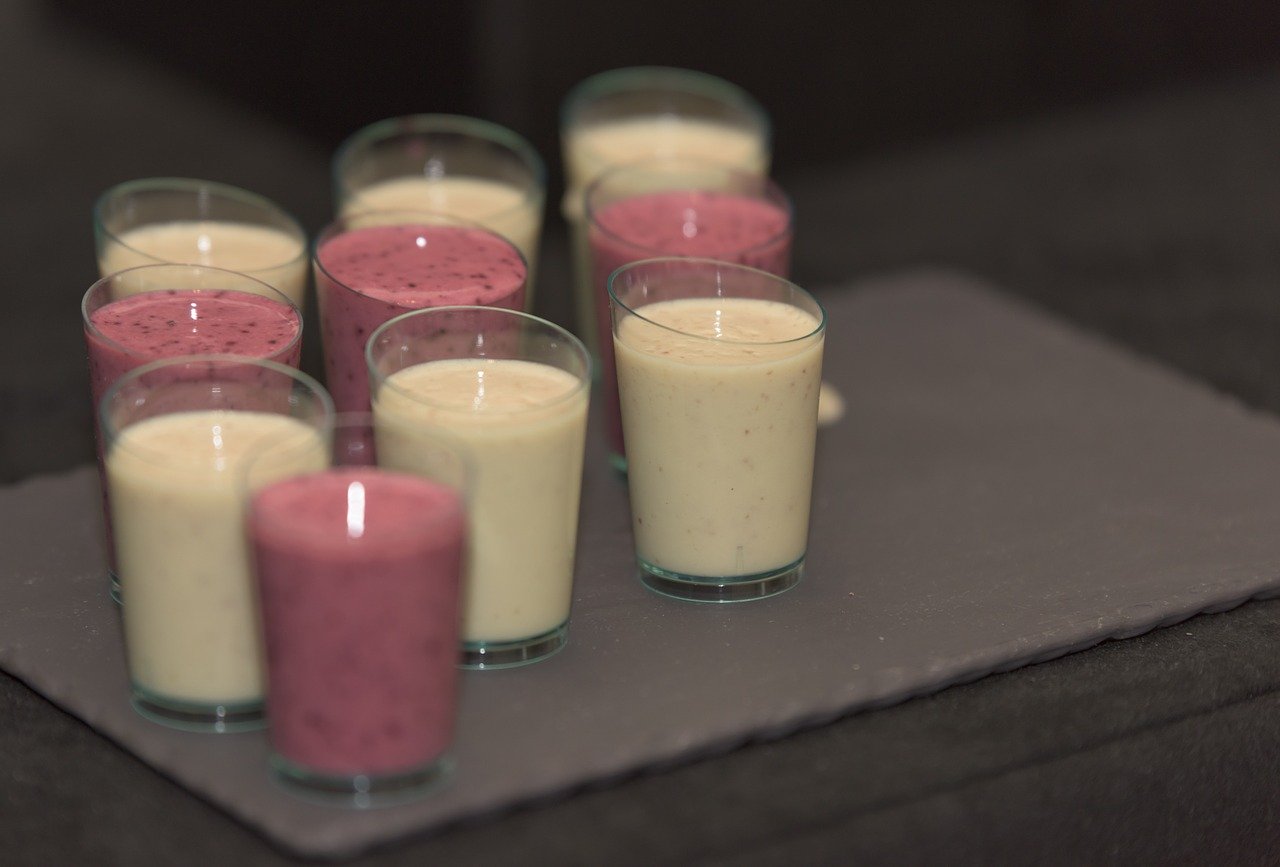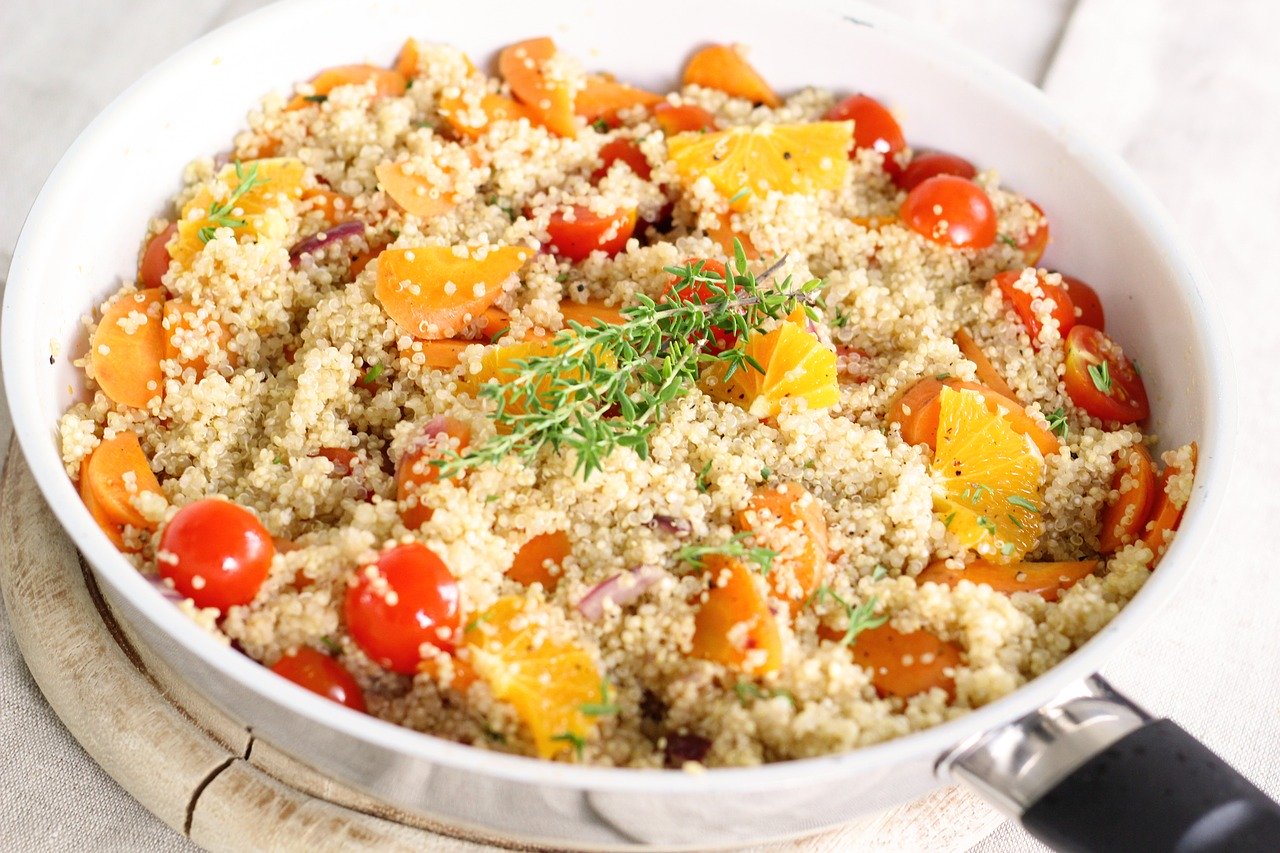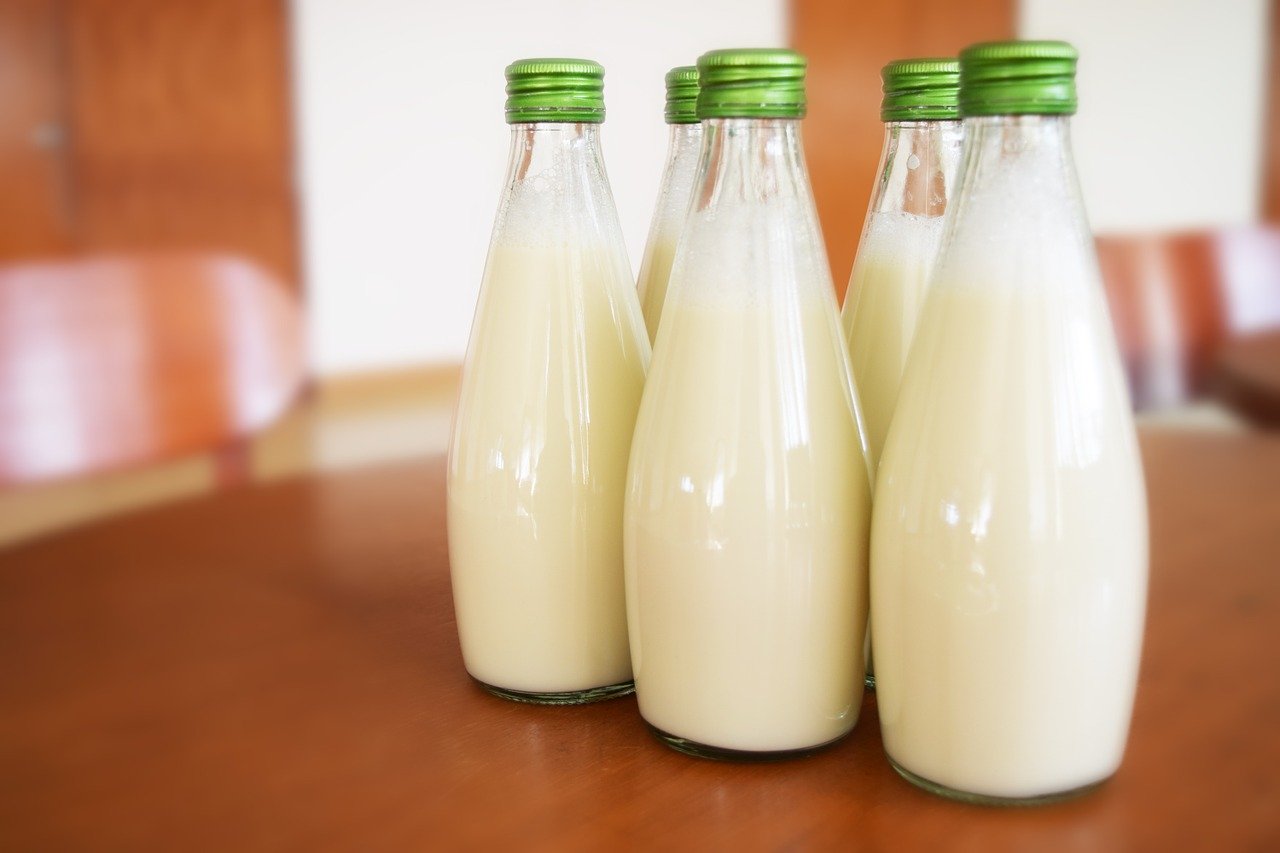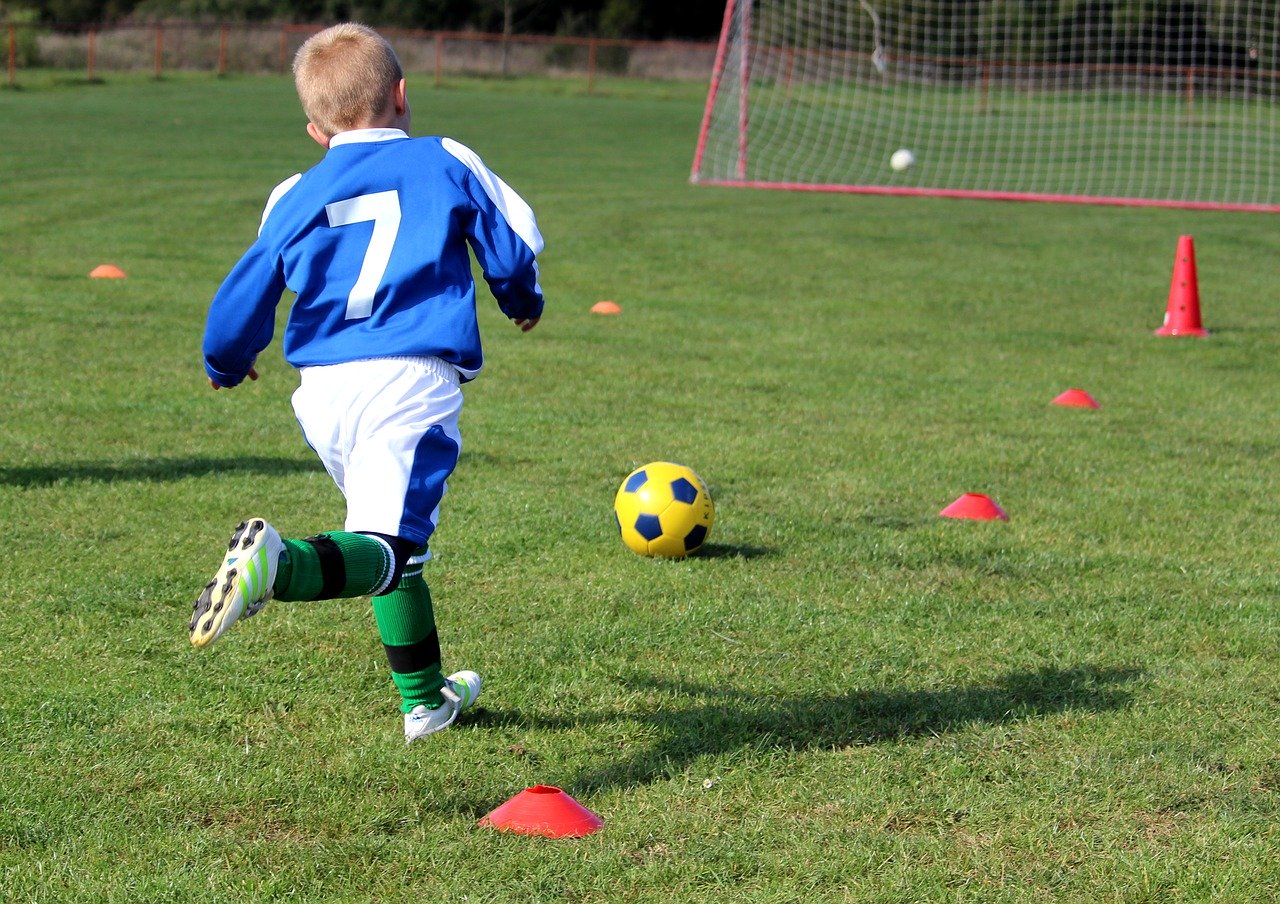In February 2020 researchers from Germany published the results of their study to assess the level of polycyclic aromatic hydrocarbons found in the urine of children. The researchers stated that … Read more
A child’s fussiness with vegetables appears to be significantly associated with several vegetable specific feeding practices, including parents/carers using more encouragement/pressure to eat their vegetables, using food and other rewards for eating vegetables, and a greater amount of compromise
In January 2018 researchers from the UK published the results of their study to assess the factors involved in a child being fussy when it comes to eating vegetables. A … Read more
The exclusive consumption of olive oil as part of the Mediterranean diet appears to produce favourable health benefits
In December 2019 researchers from Greece and the USA published the results of their study to assess the possible association between exclusive olive oil usage and incidence of obesity, cardiorespiratory … Read more
It appears that probiotics are able to prevent antibiotic-associated diarrhoea
In February 2020 researchers from the USA published their review on how probiotics can prevent antibiotic-associated diarrhoea, which is a common side effect of antibiotic treatment. It is defined as … Read more
The child has a higher level of brain activity during story telling than picture book reading
In December 2018 researchers from Japan published the results of their study to assess the effects of storytelling on the brains of children. It is known that storytelling provides many … Read more
Carbonated drinks and packaged fruit juices cause dental enamel erosion
In December 2018 researchers from India and Saudi Arabia published their study to assess the erosive potential of twenty beverages on teeth. A total of 8 carbonated drinks and 12 … Read more
The erosive potential of soy beverages on dental enamel appears to be lower than non-soy based beverages
In July 2019 researchers from Brazil and the USA published the results of their study to assess the erosive potential of soy-based beverages in comparison to fruit juices of the … Read more
All parents should be encouraged to talk more to their child during the first year of life to help with language development
In February 2020 researchers from Australia published the results of their study to assess the number of words children hear and the number of vocal sounds they produced in their … Read more
Parents who read 1 picture book with their child every day exposes them to an estimated 78,000 words each a year, which over 5 years means that they hear an estimated 1.4 million more words than children who are never read to
In June 2019 researchers from the USA and Turkey published the results of their study to assess whether reading books to children in their first 5 years of life would … Read more
Although consuming a vegetarian diet at any age is not necessarily unsafe, the Committee on Nutrition and Breastfeeding of the Spanish Paediatric Association recommend that infants and young children should follow an omnivorous diet or, at least, an ovo-lacto-vegetarian diet
In December 2019 the Committee on Nutrition and Breastfeeding of the Spanish Paediatric Association published their position paper on vegetarian diets in infants and children. There is little information on … Read more
Probiotics may be effective in children with infantile colic, irritable bowel syndrome, necrotizing enterocolitis, food allergy, and nonalcoholic fatty liver disease
In October 2019 researchers from Italy published their review on the effectiveness of probiotics in many common diseases in children. There is increasing evidence that probiotics may be of benefit … Read more
Lactobacillus reuteri appears to be effective in treating colic in breastfed infants
In September 2019 researchers from Croatia published their review on the role of probiotics in the treatment of the most common gastrointestinal disorders, ie infantile colic, constipation, functional abdominal pain … Read more
Lactobacillus rhamnosus GG, may reduce abdominal pain in children with irritable bowel syndrome
In September 2019 researchers from Canada published their review of the medical scientific literature to assess the effect of probiotics on the use in children with abdominal pain disorders. A … Read more
Micronutrient fortification of dairy products and cereal food only appears to have marginal health effects in children and adolescents
In January 2019 researchers from Switzerland published their review of the medical scientific literature to assess whether fortified dairy products and cereal food had a positive impact on the health … Read more
Outdoor activity reduces the risk of childhood near/short sightedness
In May 2019 researchers from the USA published their review on the cause of near/short sightedness in childhood. Today’s popular press is filled with reports of children’s digital device use … Read more
Children living in Singapore are exposed to significantly less daily outdoor light than Australian children, which may be a factor in the higher incidence of near/short sightedness in Singapore
In May 2018 researchers from Australia and Singapore published the results of their study to assess patterns of daily light exposure in similarly aged children. It is known that the … Read more
Parental near/short sightedness, age when a child starts to wear glasses, and more time spent on reading and close work and less on outdoor activities in childhood appear to be associated with a high degree of near/short sightedness
In August 2019 researchers from Finland published the results of their study to assess the risk factors for near/short sightedness. A total of 240 schoolchildren (119 boys, 121 girls; average … Read more
Outdoor sports and physical activities may produce social and psychological benefits and help prevent vitamin D deficiency, multiple sclerosis, osteoporosis and near/short sightedness
In May 2019 researchers from Italy published their review on the effect of regular outdoor sports and physical activities across all age groups. They stated that the benefits of cutting-edge … Read more
School-aged children have a slightly lower risk of developing near/short sightedness and a lower myopic shift rate with a higher number of hours spent undertaking outdoor activities
In April 2019 researchers from the USA published the results of their review of the medical scientific literature to assess whether increased outdoor activity reduced the risk of developing near/short … Read more
It is uncertain whether animal-source food has any impact on the growth and development of children when compared to cereal products or other foods
In February 2019 researchers from the USA published their review of the medical scientific literature to assess whether animal source foods, such as eggs, meat, fish, and dairy, improved growth … Read more






